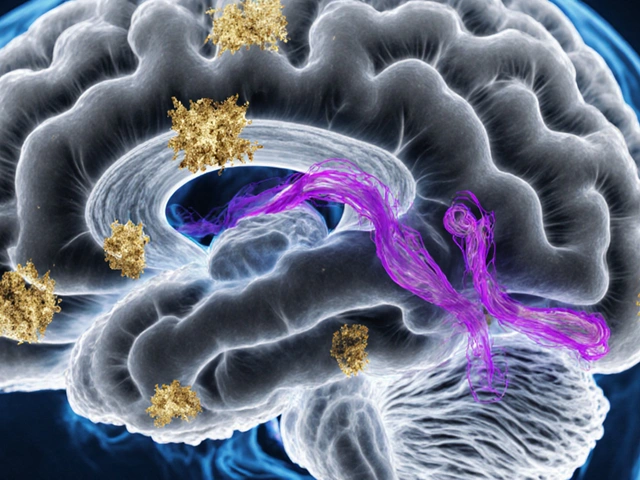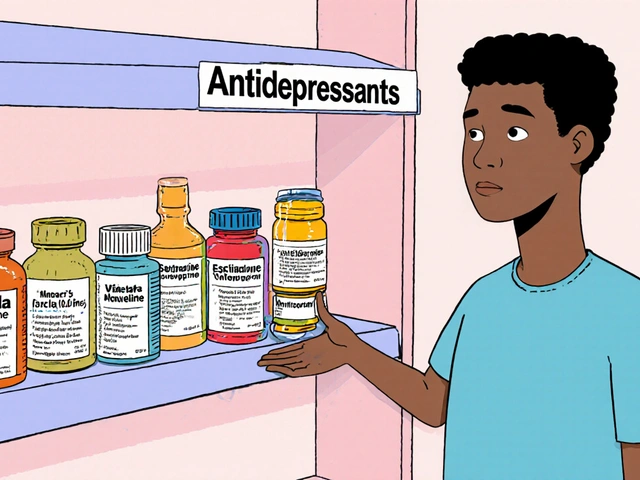Nexium alternatives: what to try if esomeprazole isn't right for you
Hit a wall with Nexium? You’re not stuck. There are real alternatives — both other drugs and non-drug approaches — that can ease heartburn, heal esophagitis, or replace Nexium if you have side effects or drug interactions. Below I’ll lay out clear options and when each makes sense.
Quick drug swaps: other PPIs and H2 blockers
First, the easiest swap: other proton pump inhibitors (PPIs). Nexium is esomeprazole; close cousins include omeprazole (Prilosec), pantoprazole (Protonix), lansoprazole (Prevacid), and rabeprazole (AcipHex). These all lower stomach acid but differ slightly in strength, duration, and interactions. For example, omeprazole commonly comes as 20 mg daily and pantoprazole often as 40 mg; your doctor will pick dose and brand by your condition and other meds.
If you need fewer interactions or a shorter effect, try an H2 blocker. Famotidine (Pepcid) at 20–40 mg can cut acid for several hours and is useful for milder reflux or as a step-down from a PPI. Ranitidine used to be common but was mostly taken off the market due to safety recalls, so famotidine is the usual H2 pick now.
Antacids (Tums, Maalox) work fast for occasional heartburn but don’t heal inflammation. Alginate products (e.g., Gaviscon) form a foam barrier that helps reflux at the moment it happens. Sucralfate may be used for healing ulcers but is less common for routine reflux.
Non-drug moves, risks, and when to see a doctor
Small changes often give big gains. Try losing a few kilos, raising the head of your bed 10–15 cm, avoiding late meals, cutting caffeine and alcohol, and quitting smoking. These steps reduce reflux events and sometimes let you manage with an H2 blocker or antacid instead of a long-term PPI.
Think about risks: long-term PPI use can raise the chance of low magnesium, B12 deficiency, bone fractures, and (rarely) kidney issues. That doesn’t mean stop cold turkey — it means review with your doctor. Also mention other meds: PPIs can affect drugs like clopidogrel and some antifungals, so your clinician can pick a safer alternative.
If symptoms are severe, new, or include weight loss, bleeding, difficulty swallowing, or persistent nausea, see a doctor right away. For people with chronic GERD not controlled by meds, surgical options exist: Nissen fundoplication or the LINX magnetic ring can reduce reflux long-term when lifestyle and meds fail.
Bottom line: there’s no one-size-fits-all swap for Nexium. Other PPIs, famotidine, antacids, lifestyle tweaks, or surgery may be better depending on your situation. Talk to your clinician to match the option to your symptoms, other meds, and long-term goals.
Want help comparing specific drugs or understanding side effects? Check other guides on PharmaServe for plain answers and practical tips.

Explore how to blend herbs and medications for effective GERD relief. We break down the science behind melatonin, DGL licorice, and other supplements, showing you practical steps and useful facts to manage reflux. Get clear evidence, relatable tips, and even a link to Nexium alternatives. If you’re tired of the endless cycle of heartburn, here’s a hands-on guide for real results.






